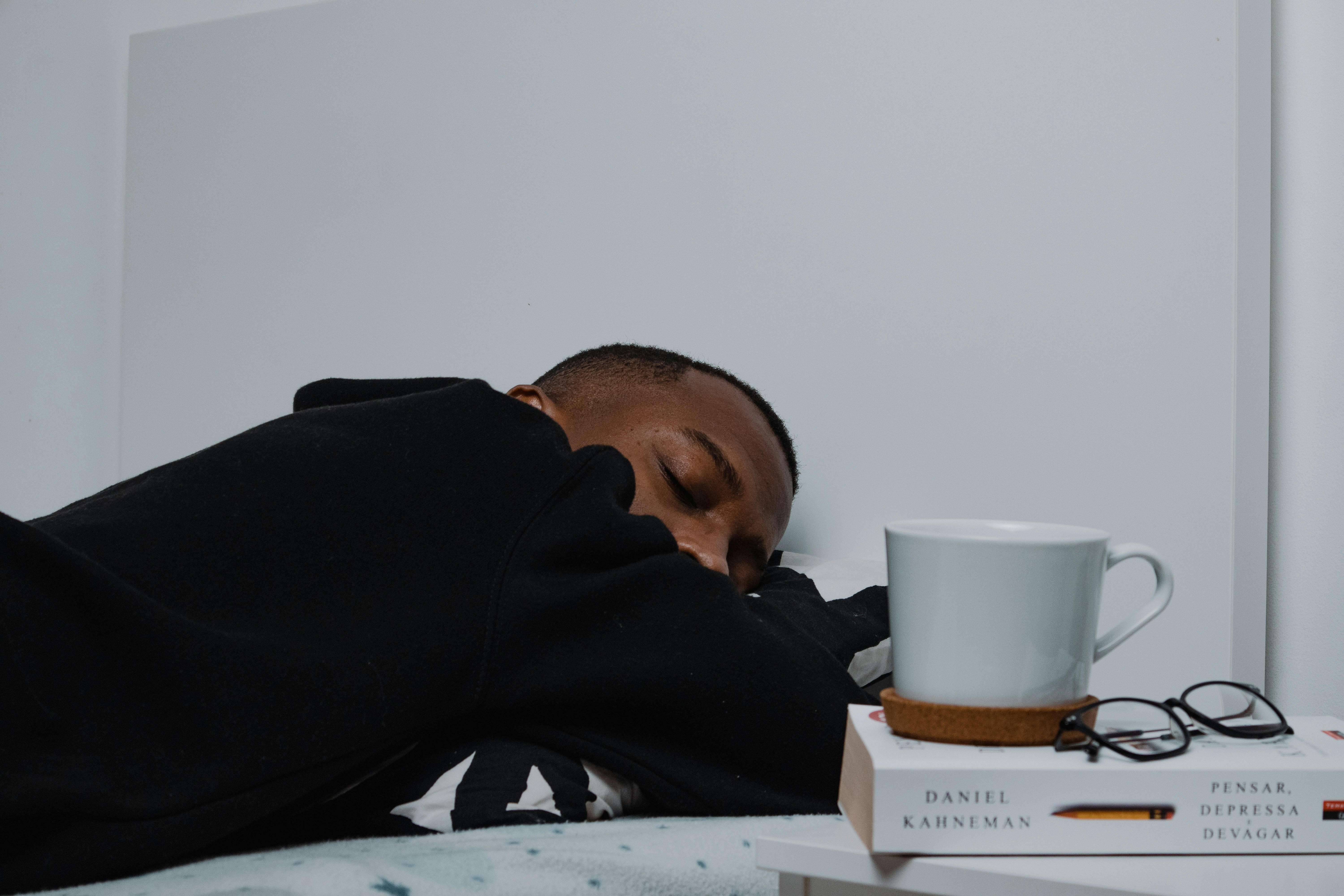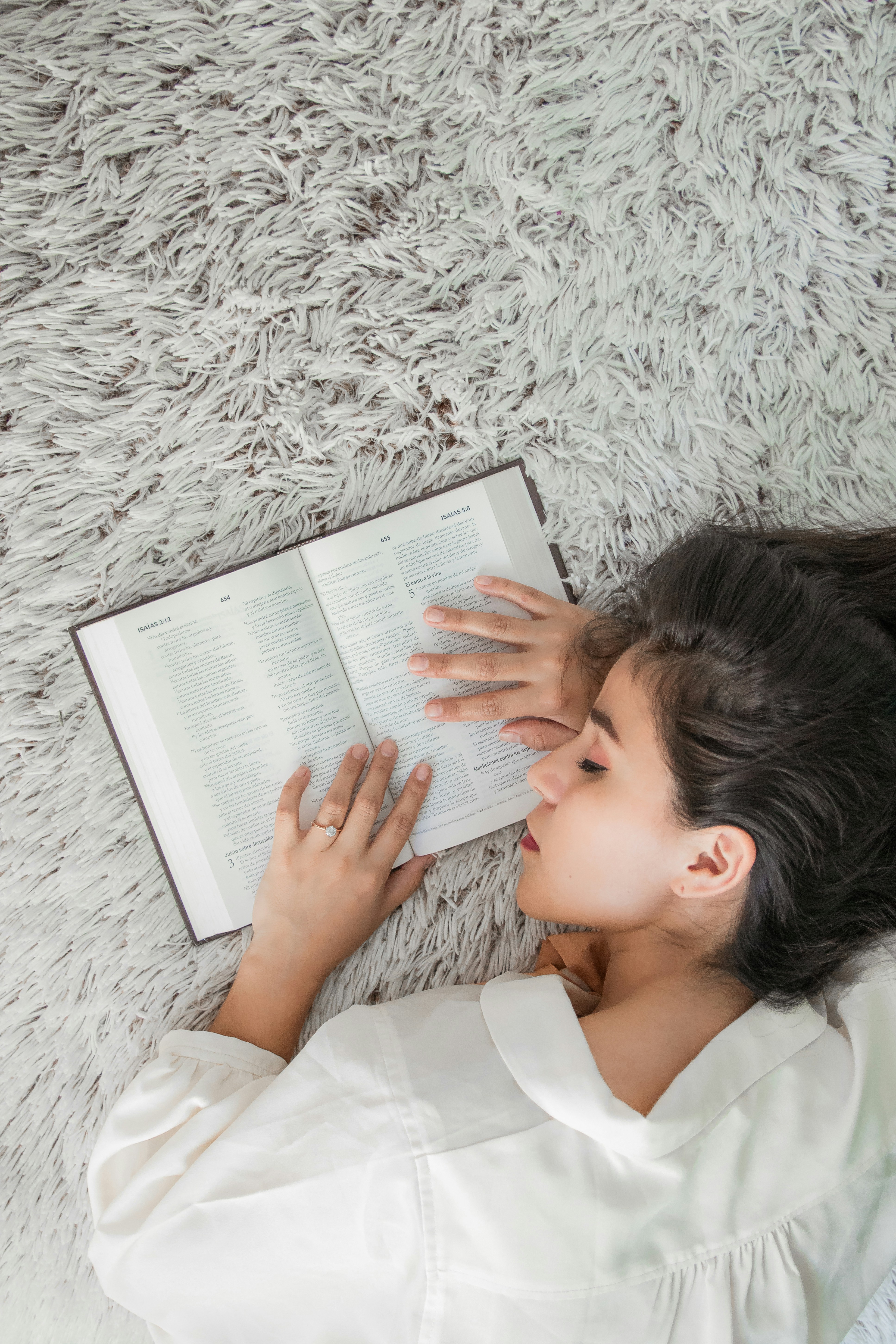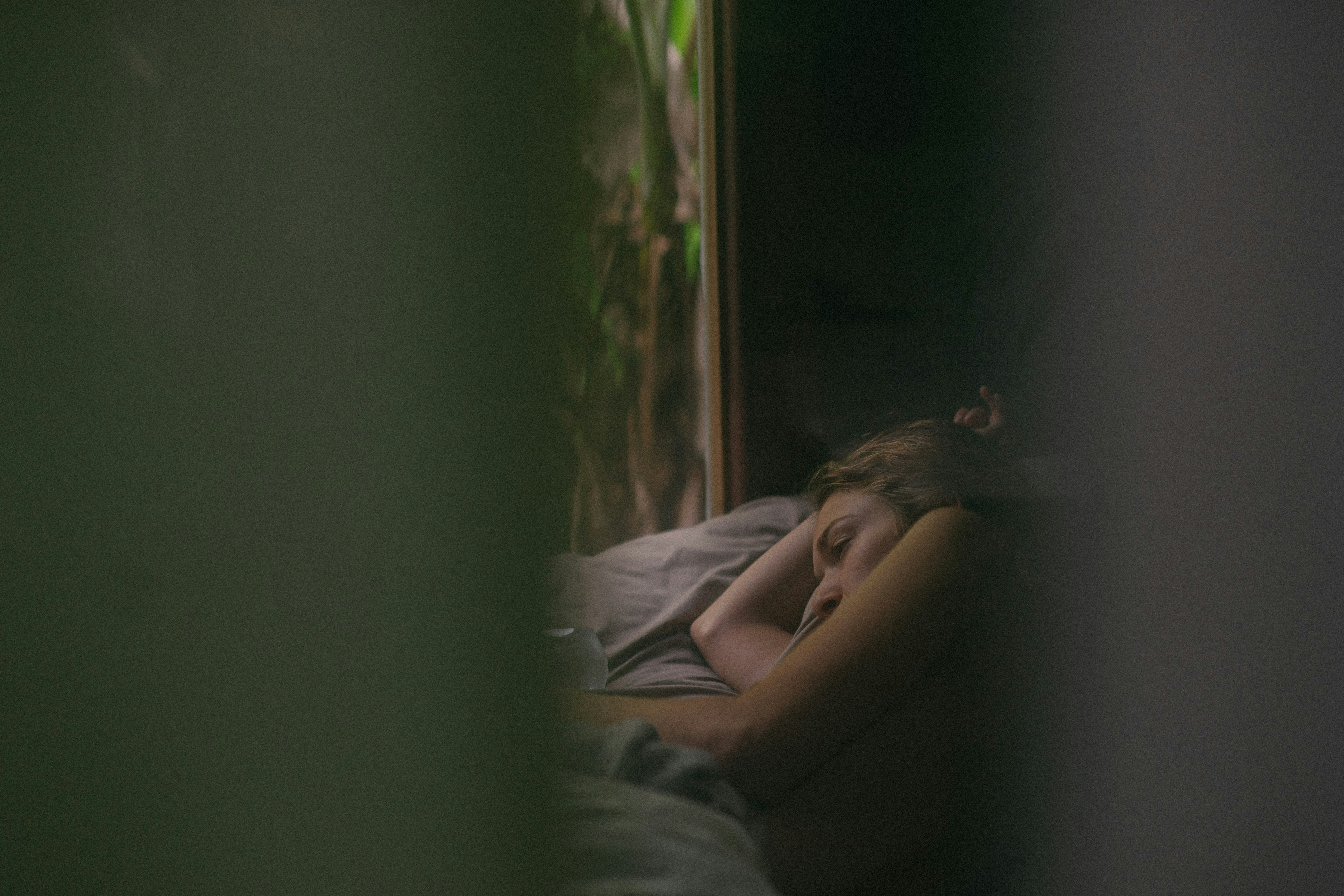Circadian Rhythms Explained: How Your Internal Clock Affects Sleep

Circadian Rhythms Explained: How Your Internal Clock Affects Sleep
Have you ever felt sleepy at the same time every night or struggled with jet lag after traveling? These experiences are governed by your circadian rhythm — an internal 24-hour clock that dictates sleep-wake patterns, hormone release, metabolism, and more.
What Is a Circadian Rhythm?
Circadian rhythms are natural, internal processes that follow a roughly 24-hour cycle. They are found in most living organisms, including animals, plants, and even fungi. In humans, the primary circadian rhythm is the sleep-wake cycle.
The suprachiasmatic nucleus (SCN) , a group of neurons in the hypothalamus, serves as the master clock that synchronizes all bodily rhythms. It uses external cues, primarily light , to align internal timekeeping with the external environment.
The Role of Light
Light is the most powerful "zeitgeber" (time-giver) for the circadian rhythm. When light enters the eyes, it signals the SCN to:
- Suppress melatonin production during the day
- Promote alertness
- Keep you awake and aligned with your environment
As darkness sets in, melatonin is secreted, inducing drowsiness and preparing the body for sleep.
Melatonin and Sleep Timing
Melatonin is often called the "sleep hormone." It's produced by the pineal gland in response to darkness and signals to the body that it's time to wind down. Blue light from phones, TVs, and computers can suppress melatonin production and delay sleep onset.
Circadian Disruption
Disruptions in circadian rhythms can result from:
- Jet lag
- Shift work
- Late-night screen use
- Irregular sleep schedules
These disruptions are linked to:
- Fatigue
- Poor concentration
- Mood disturbances
- Increased risk of metabolic disorders
Chronotypes: Morning Larks vs. Night Owls
Everyone has a unique circadian preference, known as a chronotype :
- Morning types (larks): Naturally wake and sleep early
- Evening types (owls): Prefer staying up and waking later
- Intermediate types : Fall somewhere in between
Chronotype can influence performance, mental alertness, and mood.
Circadian Rhythms and Health
Impaired circadian rhythms have been associated with:
- Obesity
- Type 2 diabetes
- Cardiovascular disease
- Depression and bipolar disorder
Consistent alignment of your activities with your circadian rhythm promotes optimal health and cognitive performance.
Tips for Supporting Your Circadian Rhythm
- Get sunlight exposure in the morning
- Avoid screens at least 1 hour before bed
- Stick to a consistent sleep schedule
- Keep your bedroom dark and cool
- Avoid caffeine late in the day
Conclusion
Understanding your circadian rhythm is key to optimizing sleep and health. By respecting your body’s internal clock, you can improve energy, mood, and productivity.
Tags : Circadian Rhythm , Light Exposure , Melatonin , Jet Lag , Biological Clock




